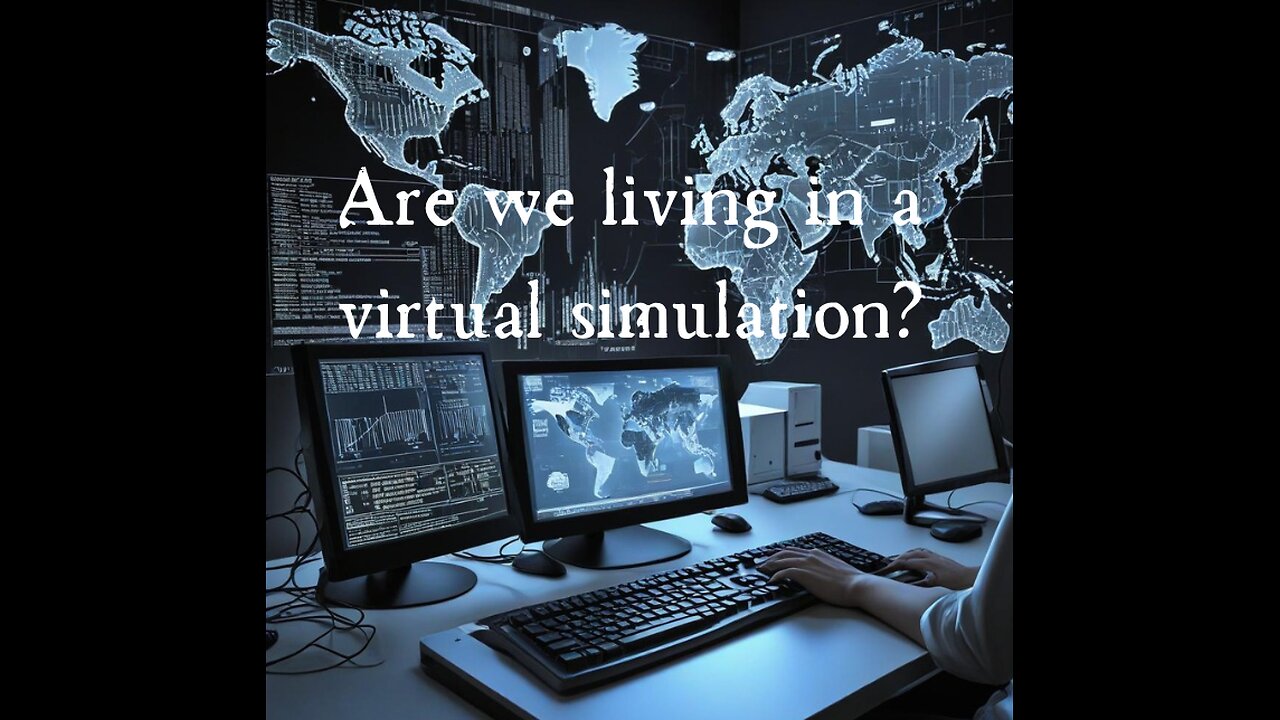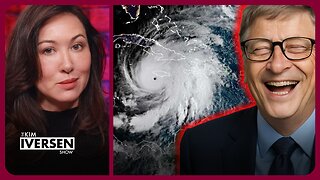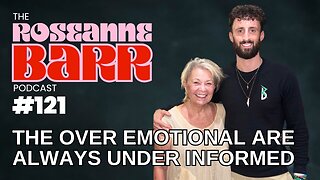Premium Only Content

The Matrix Unmasked: Is Our World a Computer Program?
Have you ever pondered the mind-bending possibility that our universe could be nothing more than a sophisticated simulation? What if every aspect of our reality, from the grandest galaxies to the smallest particles, is merely a complex algorithm running in a cosmic computer? This provocative notion, known as the simulation theory, has captured the imagination of thinkers and scientists alike, challenging conventional views of existence.
Proposed by philosopher Nick Bostrom in 2003, the simulation theory suggests that our perceived reality is a digital construct, orchestrated by advanced beings in a higher dimension. According to Bostrom, if a civilization were to reach a post-human stage capable of creating intricate simulations of their ancestors, it's statistically likely that we could be living within one of those simulations.
In recent years, this once-fringe idea has gained mainstream attention, with visionaries like Elon Musk and theoretical physicist Dr. James Gates lending credence to its plausibility. Dr. Gates even points to code-like patterns found in nature, blurring the lines between science and spirituality.
Yet, the simulation theory prompts profound questions about the nature of existence and the presence of a creator. Are our lives predetermined by the software of the simulation, or do we possess genuine free will?
Scientist Melvin Vopson has furthered this discourse with his "simulation hypothesis," suggesting that evidence supporting this idea may lie in the laws governing information systems. Despite intriguing findings, Vopson stresses the need for continued research to confirm or refute the concept.
On the frontier of scientific inquiry, the simulation theory has birthed a new discipline known as digital physics, proposing that the universe fundamentally consists of information. This radical notion challenges traditional views of reality, merging science, philosophy, and spirituality into a singular inquiry.
While the debate rages on, one thing remains certain: the simulation theory has the potential to revolutionize our understanding of the cosmos. Whether we reside in a simulated reality or not, our experiences and emotions are undeniably real, transcending the confines of any theoretical construct.
-
 1:48
1:48
Conspiracy Chronicle
10 months agoFaith Under Fire? Biden Administration Accused of Targeting Religious Schools
1261 -
 LIVE
LIVE
Kim Iversen
1 hour agoBill Gates Suddenly Says “Don’t Worry About Climate Change”?
8,858 watching -
 LIVE
LIVE
Michael Franzese
1 hour agoI Waited 50 Years to Tell You What Happened on Halloween 1975
409 watching -
 LIVE
LIVE
Candace Show Podcast
1 hour agoINFILTRATION: Charlie Kirk Was Being Tracked For Years. | Candace Ep 256
5,121 watching -
 LIVE
LIVE
Rallied
28 minutes agoWarzone Solo Challenges then RedSec Domination
24 watching -
 LIVE
LIVE
Roseanne Barr
3 hours ago“The Over Emotional Are Always Under Informed” | The Roseanne Barr Podcast #121
3,070 watching -
 LIVE
LIVE
Nerdrotic
4 hours agoThe WitcHER DOA | Box Office Massacre | Massive Industry Layoffs - Friday Night Tights 378
1,360 watching -
 14:54
14:54
IsaacButterfield
12 hours ago $0.48 earnedShe Called Out “Creepy Men It Didn’t End Well
3.82K23 -
 LIVE
LIVE
LFA TV
20 hours agoLIVE & BREAKING NEWS! | FRIDAY 10/31/25
1,072 watching -
 1:08:42
1:08:42
vivafrei
3 hours agoEric Swalwell in Trouble Again? RFK Jr. "Reverses Course" on Tylenol & Autism? Arctic Frost & MORE!
67.2K19